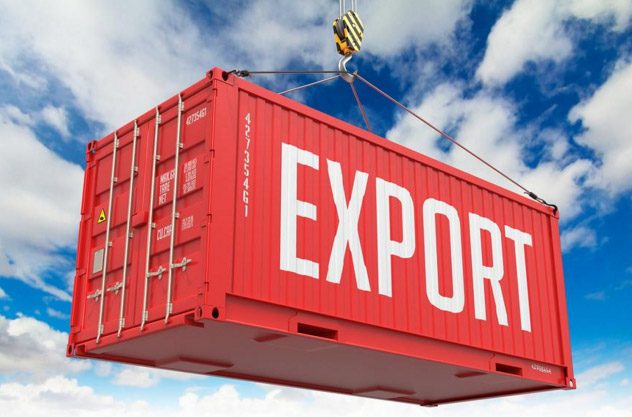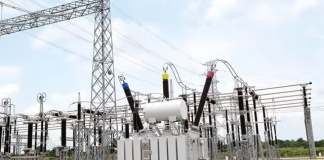Nigeria seeks to increase revenue from export of non-oil exports in the next 10 years through the country’s Zero Oil Implementation Plan.
Executive Director of the Nigerian Export Promotion Council, NEPC, Mr. Segun Awolowo, stated this while speaking with State House correspondents after briefing President Muhammadu Buhari on the Zero Oil Plan.
The Zero Oil Implementation Plan was designed by the National Committee on Export Promotion set up by the National Economic Council to seek for ways of earning more revenue for Nigeria through non-oil exports.
“What we hope to achieve is to raise more revenue for Nigeria from another source. You know, 90% of our revenue is from oil. We cannot survive.
“Even though oil prices are rising a bit because of the problem in Iran, but we should not rest on our oars because those days of $140 per barrels of oil are gone forever.
“So we have to look inwards and produce more. The Zero oil plan is about raising production and productivity.”
Identified Sectors
Mr. Awolowo said the committee has identified 22 sectors where Nigeria could earn foreign exchange aside oil.
He said cocoa, cashew and shea nuts were among the products which, according to him, have been identified as foreign exchange earners of the country.
“Cocoa is an immediate win for us because it is still our number one non-oil revenue earner, but we are on less than 300, 000metric tons.
“Ghana is heading to 900,000 metric tons; Cote D’Ivoire, almost 2,000,000. So, how do we compete?
“If you look at the landmass in Nigeria, you can imagine what we can do. Cocoa is good for us; shear nuts is good for us; cashew is another bread winner for us.”
Added Value
Mr. Awolowo said the NEPC was also looking at value addition because it would help to create jobs, adding that Nigeria would not continue to sell raw materials.
“So, I was happy to present to the president also today some tomatoes and pepper from a green house in Benin.
“I also presented cassava chips, which a cottage industry is producing in Idu Industrial Estate.
“That is even already being exported to Germany and that’s the future for Nigeria.”
AfCFTA Advantage
According to Mr. Awolowo, Nigeria would take full advantage of the Africa Continental Free Trade Area agreement, AfCFTA, which President Muhammadu Buhari signed on Sunday at the Africa Union Summit in Niamey, Niger Republic, to sell its products in countries of Africa.
“We don’t want to be a dumping ground. That’s why the president said before signing it we must be competitive; we must produce more. We must help our manufacturers to get into this market. That is what the zero oil plan is all about.”
He acknowledged some challenges that face Nigeria in its quest to export finished products to other countries, but said that such would always be encountered by any country trying to move its products into other markets.
“We have a few challenges, but I always tell people that look, the journey from exporting raw materials to processed goods is not going to happen overnight.
“We are going to have rejects, but we will overcome them. Our packaging is improving. We are even packaging and labelling in different languages so we can get into those markets, particularly when Africa opens up for us now.
“For instance, we used to send our goods to west Africa, but we are surrounded by Francophone countries. We didn’t even label in French, but now we are doing all that.”
Export Grant
The NEPC chief executive said President Buhari has approved N350billion the payment of backlog of the Export Expansion grant owed to exporters of Nigerian products.
He said the National Assembly has appropriated about N190billion out of the sum, which would be paid through the Debt Management Office.
On storage, Mr. Awolowo said that the National Committee on Exports Promotion has put in place two giant aggregators to enable producers to process their goods for export.
He said this would enable exporters to sell their goods in other countries without much difficulty.
Awolowo noted that the problem in exporting cashew from the Apapa Port was being taken care of with the declaration of emergency on the port as part of the ways to drive export.
Source: VON












